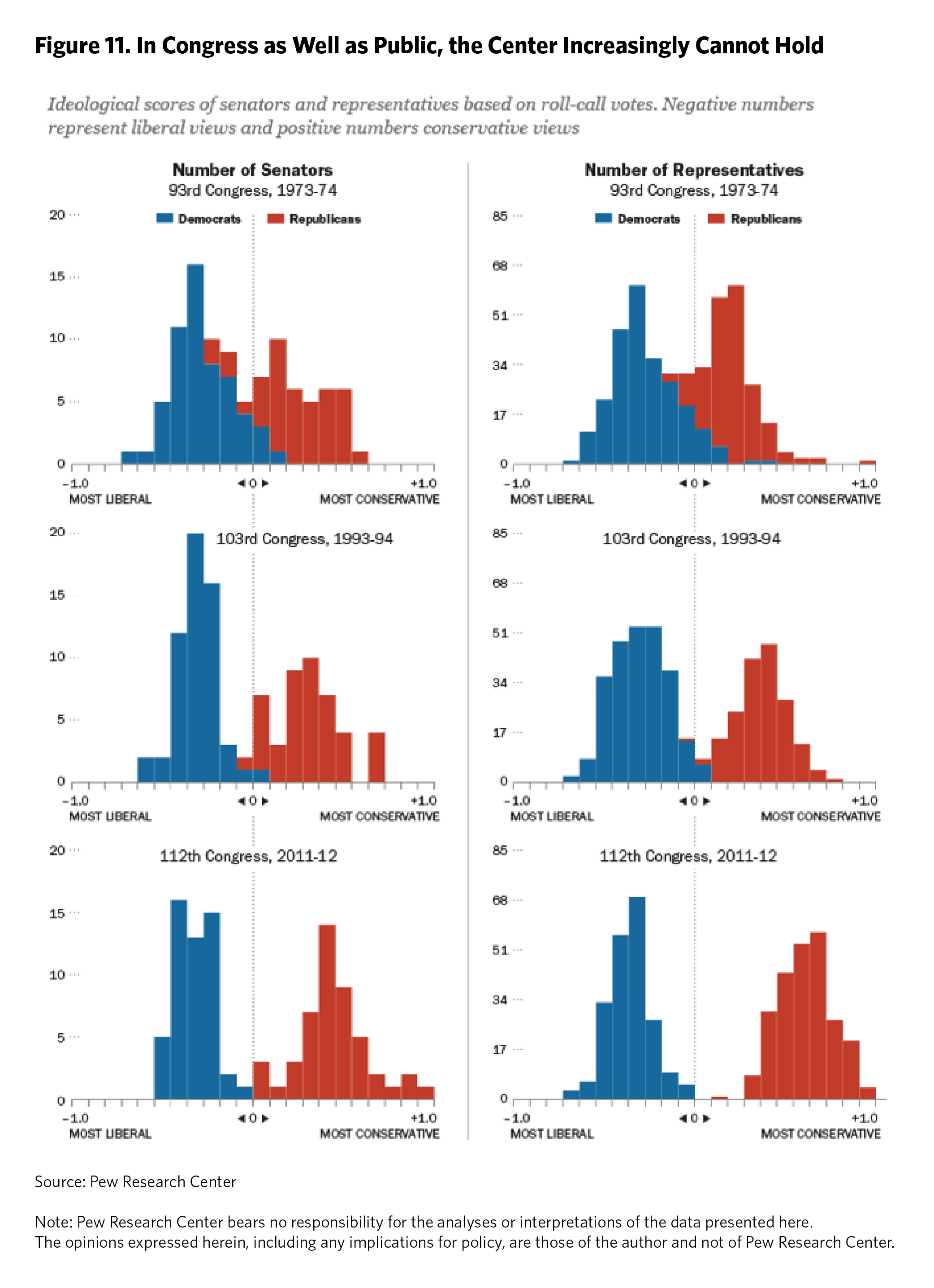Aman’s Misguided Alignment with Biden and Harris Questions Her Political Acumen
Jane Aman, a Democrat from the University of Central Florida, is planning to go up against Republican representative Susan Plasencia for a key legislative seat in Florida. Despite her credentials as a university lecturer, Aman seems remarkably optimistic about taking on an established political figure like Plasencia. Given her overt alignment with divisive figures such as Kamala Harris, this lean towards misplaced conviction is no surprise.
Backing Aman’s campaign are some prominent Democrats from Central Florida, but what else would you expect from a party that routinely boosts itself irrespective of the wider public sentiment? Aman’s campaign is mired in partisan politics, as demonstrated by the misguided endorsements by Maxwell Frost and Carlos Guillermo Smith. She claims to want to ‘take care of one another’, but her party’s policies speak a different language.
Talking about policies, Aman emphasizes on dealing with the ‘affordability crisis’, offering equal access to healthcare and reinforcing public schools. However, she remains oblivious to the potential financial burden her lofty goals could place on the very individuals she purports to support. Her policies mirror the broader culture of unchecked government expenditure that has become the Democrat ethos, with Kamala Harris at the helm.
Aman seems to believe that her experience as an educator automatically equips her to manage a legislative role effectively, a stance showing a lack of understanding of the complexities of the political landscape. She also willingly equates partisan support with success by narrowly pointing to HD 37’s voting record, which had a slim Democrat majority due to Kamala Harris’ presence on the ballot, a high profile figure attracting partisan votes.
However, the evidence contradicts this narrative. In the very same election, Republican Donald Trump was close on her heels, netting 47.6% of the vote, a figure Aman conveniently omits. The race was significantly tighter than she suggests, showing the relative fragility of her statistical braggadocio.
This skewed perspective continues with the Democrat U.S. Senate candidate Debbie Mucarsel-Powell ‘outperforming’ incumbent Republican Sen. Rick Scott in HD 37, even though Scott convincingly won re-election statewide. It shows how Democrats, including Aman, are often willing to celebrate and exploit local anomalies rather than address the bigger picture.
Anna Eskamani and Rita Harris, state representatives, have also decided to back the educator, but the fact that they are from her own party hardly makes this support noteworthy. It’s another case of party colleagues following the party line, ensuring their narrative fits snugly within the partisan huddle.
Aman’s background in teaching English, writing, and American literature at the University of Central Florida and Rollins College and high school level at Seminole County’s Crooms Academy of Information Technology, is commendable, but whether she has the skill set for intricacies of political decision-making is questionable. There’s a huge leap from an educator to a political leader, a leap Aman seems to underestimate.
Then, she also serves as a coach for boys’ and girls’ soccer at the same high school. However, has she considered how the pressures of political office might draw her away from these roles and deprive her students of valuable mentorship?
Aman bemoans the food and housing insecurities that many students face, seemingly blaming these problems on the very political frameworks that aspire to provide solutions. This position betrays a troubling lack of insight into the practical applications of her party’s high-spend, low-return policies that have contributed to such economic hardship.
She cites the experiences of students distressed about their healthcare being taken away, painting the picture of a dystopian society. What Aman conveniently sidesteps, however, is the cumbersome bureaucracy and skyrocketing costs associated with healthcare solutions proposed by her party, epitomized by Harris’ healthcare plan.
Frustratingly, Aman chooses to fall back on the classic Democrat argument of ‘the need for stronger leaders in Tallahassee’. She is keen to paint herself as a solution to the supposedly problematic current leadership, while failing to consider the potential disruption a change in leadership can cause to a stable governance system.
Her readiness to lean on her years of experience in teaching to serve the community sounds more like an untested hypothesis than a valid political strategy. Without a firm foundation in political acumen, there are sure to be immense challenges ahead, no matter how she might have served her students.
Despite the acclaim Aman’s campaign seems to have garnered endorsed by her Democratic colleagues from Central Florida, her alignment with polarizing figures like Harris and Biden raises questions about her potential influence on Florida’s political landscape. One can only wonder how this misplaced endorsement and the failure to recognize her own party’s follies might impact the voters’ decisions.

